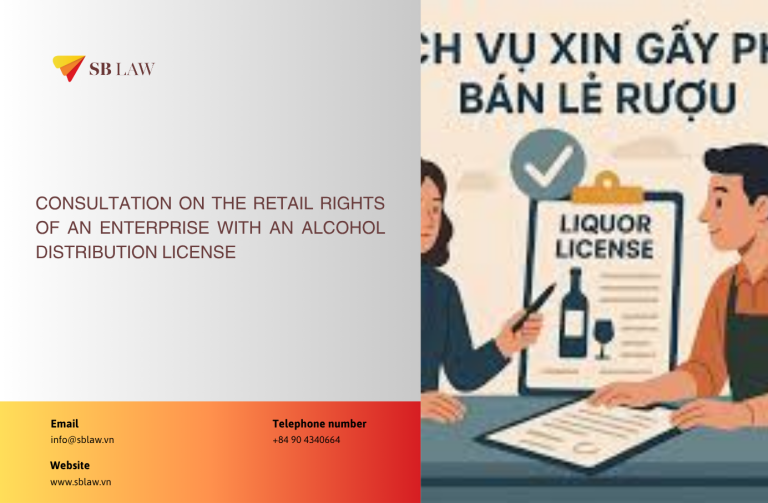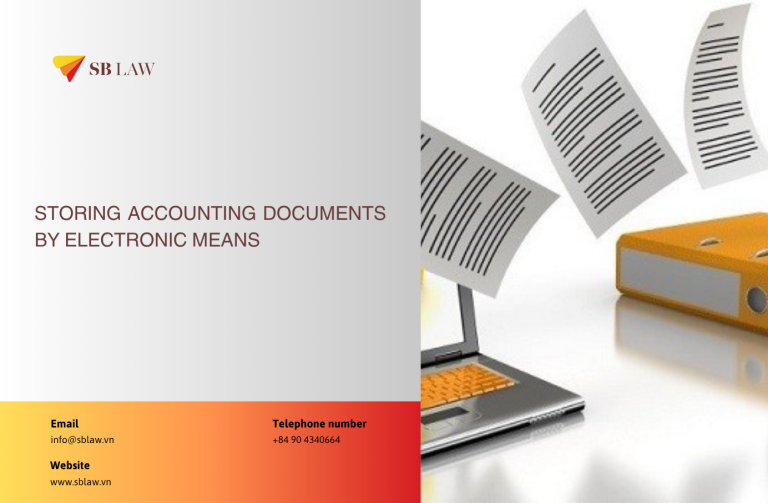The Vietnamese dong is not freely convertible and the market is still largely dependent on foreign currency, particularly United States dollars. The Government has been implementing measures to gradually reduce the country’s dependency on the dollar.
All buying, selling, lending and transfer of foreign currency must be made through banks and other financial institutions authorised by the State Bank of Vietnam (’SBV’). The outflow of foreign currency by transfer is only authorised for certain transactions such as payments for imports and services abroad, the refunding of loans contracted abroad and the payment of interest accrued thereon, transfers of profits and dividends, and revenues from the transfer of technology.
As a general rule, all monetary transactions in Vietnam must be undertaken in Vietnamese dong.
Exceptions are applicable to payments for exports made between principals and their agents and payments for goods and services purchased from institutions authorised to receive foreign currency payments, such as payments for air tickets, shipping and air freight, insurance, and international communications.
Foreign-invested enterprises may, subject to certain conditions, buy foreign currency from banks to fulfil certain foreign currency obligations from their transactions. Foreign investors and foreigners working in Vietnam are permitted to transfer abroad capital investment profits and income legally earned in Vietnam and any remaining invested capital upon the liquidation of an investment project.
If you would like further information on Foreign Exchange Control in Vietnam, please either email to our Partners at: info@sblaw.vn or call to our Office:
- Ha Noi Office: +84 (4) 62 62 0246
- HCM Office: +84 (8) 35 208 101.




